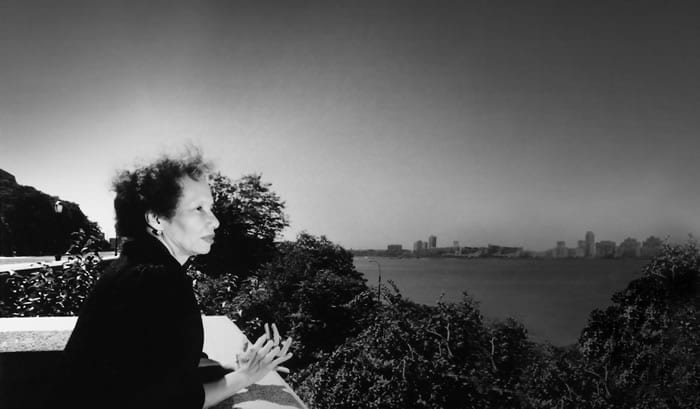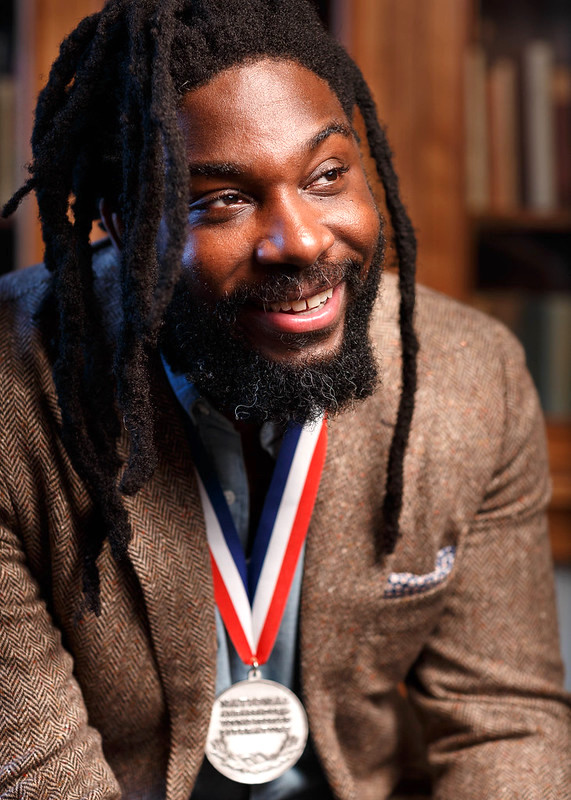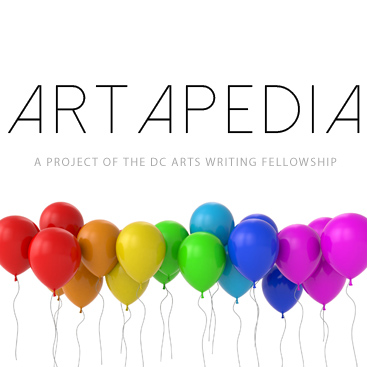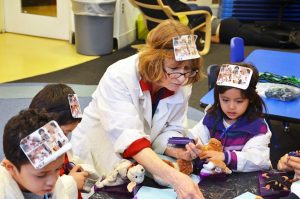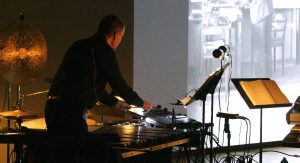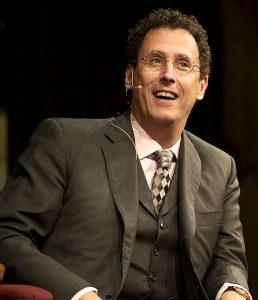By Jordan Ealey
This article was first published November 2, 2020 in DC Theatre Scene here.
When I first encountered Adrienne Kennedy, through her Obie award winning 1964 play Funnyhouse of a Negro as a student in graduate school, I was surprised I had never heard of her. After all, I had studied Theatre and English literature as an undergraduate, attended a woman’s college, and completed a great deal of coursework featuring female playwrights. Yet here was this Black woman writing experimental, challenging theatrical work in the 1960s, and I was not familiar with her.
While the Black Arts Movement is known primarily for names such as Amiri Baraka, Larry Neal and Sonia Sanchez, Kennedy is rarely included in this esteemed list. Despite her numerous career achievements in theatre, her creative collaboration with theatre giants such as Edward Albee, and the inclusion of her work in university classrooms, one would be hard-pressed to find her plays receiving full productions in regional theatres. Even though I have read her plays and written on them for courses, I have never even heard Kennedy’s words out loud, let alone experienced a full production.
Knowing that there were many people out there who also had never even heard of Adrienne Kennedy, let alone ever read or seen her work, Nicole A. Watson, former associate artistic director of Round House Theatre and incoming associate artistic director at McCarter Theatre Center in Princeton, New Jersey, sought to change that. Two years prior, Watson directed a staged reading of Kennedy’s Sleep Deprivation Chamber at Shakespeare Theatre Company for its ReDiscovery Series, a program designed to introduce audiences to lesser-known playwrights. “It got me thinking,” Watson recalls, “Why wasn’t I directing her work? Or anybody?” An audience member during the talkback also asked the same question, further clarifying that this was a dearth that needed to be rectified.
And then, in March, the theatres shut down. In a discussion with another black woman about the state of theatre, Watson remembered saying, “We’re not bound by the things that go into a season selection.” The unprecedented amount of uncertainty accompanying the impact of the pandemic on the global theatre industry is certainly enough to be anxiety-inducing for theatre artists and professionals everywhere. But Watson considers that there is “a freedom in this moment to rethink” and that freedom led her to proposing the idea of a way to celebrate and produce Adrienne Kennedy’s work. Noting that her plays are “real, visual, and poetic,” Watson recognized that it could be interesting to produce Kennedy in the virtual platforms as they lend themselves to the form well.
Thus, “The Work of Adrienne Kennedy: Inspiration & Influence” was born. A partnership between Round House Theatre Company and McCarter Theatre Center, the virtual festival features four of Kennedy’s plays: He Brought Her Heart in a Box, Sleep Deprivation Chamber, Ohio State Murders, and Etta and Ella on the Upper West Side. Directors include Raymond O. Caldwell, Valerie Curtis-Newton, Timothy Douglas, and Watson herself.
Watson was drawn to He Brought Her Heart in a Box because of its timeliness for our current political and social moment. “In a time where we’re really being asked to examine our thinking and the way in which our thinking (or someone else’s historical thinking) has influenced racist institutions and white supremacy, to have [Kennedy] render that theatrically in such a direct way, I was so struck by it,” Watson remarked, also noting how Kennedy’s work is forward-thinking. One of the plays, Etta and Ella, marks the world premiere for the 89-year old playwright. Watson emphasized the decision was made to highlight this new work and its lyrical and incisive language, a trademark of Kennedy’s plays.
Another of the plays, Sleep Deprivation Chamber—which Kennedy co-wrote with her son, Adam Kennedy—has a timely and painful geographic relevance: the play details Adam’s personal experience with police brutality at the hands of the Arlington Police Department. Watson believes that this play had to be included, especially since Round House is located in a part of the DMV theatre community.
Watson sees it as the perfect bridge between her closing chapter at Round House and her new position at McCarter, which is funded by a BOLD grant for female-identifying leaders. But the partnership also has benefits for both theaters, which includes the reach to a wider audience, leading to more people being exposed to Kennedy’s life and work. Noting that it “allows for a different kind of access,” this is an opportunity to really demonstrate the importance of Adrienne Kennedy in the theatrical world. “For me, it feels like a huge gift,” Watson says.

